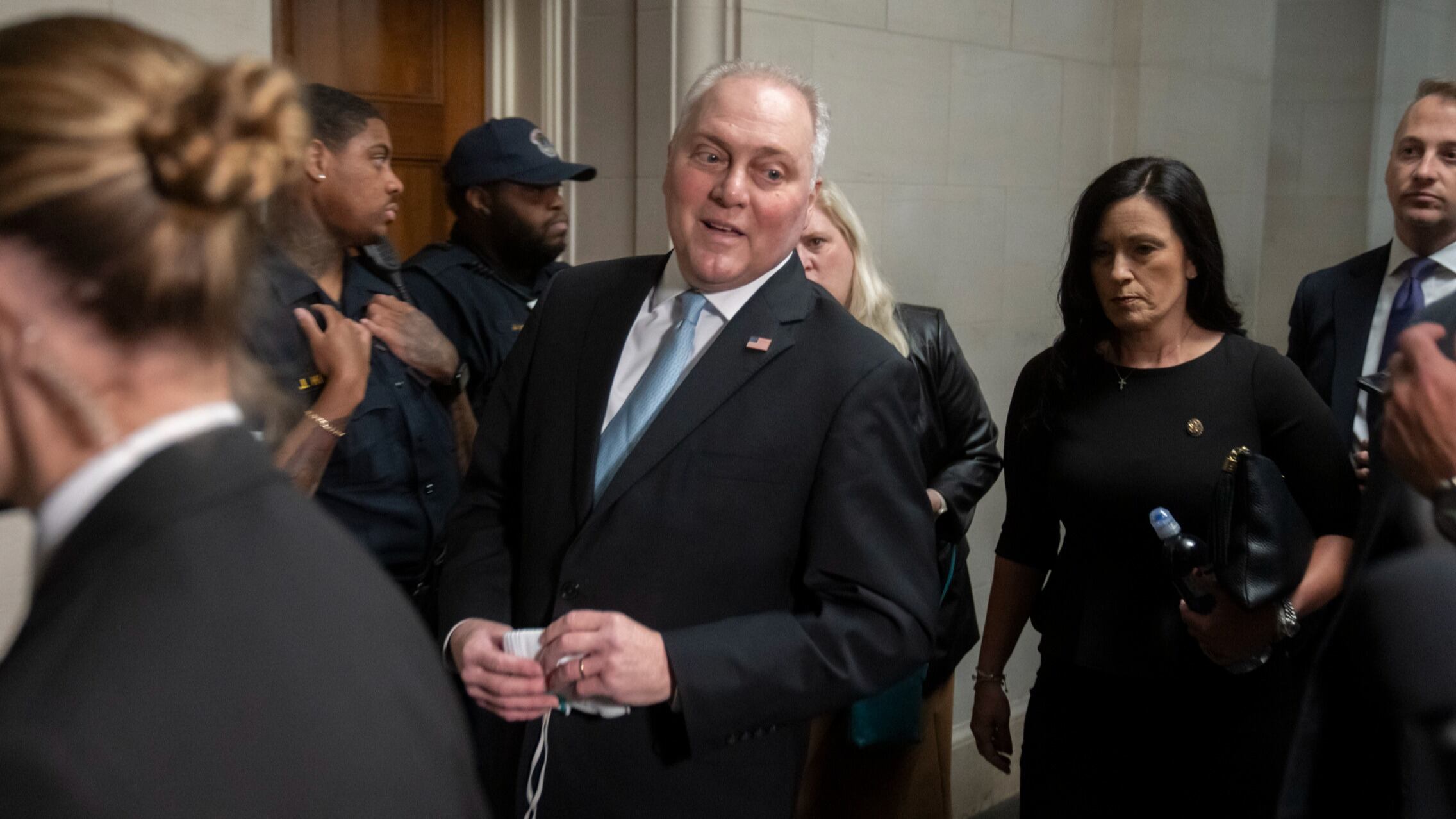By Lisa Mascaro and Kevin Freking
Republicans on Wednesday nominated Rep. Steve Scalise to be the next House speaker and will now try to unite around the conservative in a floor vote to elect him after ousting Rep. Kevin McCarthy from the post.
In private balloting at the Capitol, House Republicans pushed aside Rep. Jim Jordan, the Judiciary Committee chairman, in favor of Scalise, the current majority leader, lawmakers said. The Louisiana lawmaker is seen as a hero to some after surviving a mass shooting on lawmakers at a congressional baseball game practice few years ago.
Republicans who have been stalemated after McCarthy’s removal will seek to assemble their narrow House majority around Scalise in what is certain to be a close vote of the full House. Democrats are set to oppose the Republican nominee.
Associated Press writers Farnoush Amiri and Stephen Groves contributed to this report.









